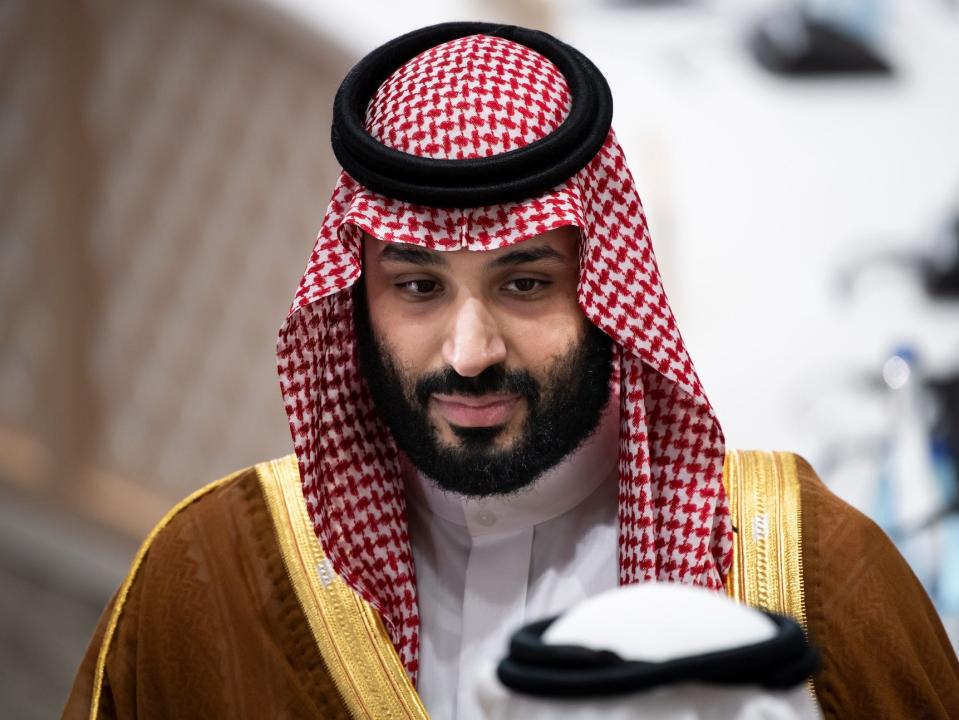Saudi Arabia and the United Arab Emirates vow to deliver a 'significant increase' in oil output if the world faces a winter supply crunch

OPEC leaders Saudi Arabia and the UAE agreed to "significantly increase" oil output if needed.
The countries pledged to pump more oil specifically if the world faces a supply crunch this winter.
Saudi Arabia, the UAE and other OPEC countries possess as much as 2.7 million bpd of spare capacity.
OPEC leaders Saudi Arabia and the United Arab Emirates vowed to deliver a "significant increase" in oil output should the world face a supply crunch this winter, sources familiar with the matter told Reuters.
The two countries could deliver "significantly more," sources added, but only if the supply crisis worsened in the coming months.
"With possibly no gas in Europe this winter, with a potential price cap on Russian oil sales in the New Year, we can't be throwing every barrel on the market at the moment," a sources told the outlet.
In July, sources told the Wall Street Journal that Saudi Arabia is close to maxing out its oil production capacity as it is already near its limit. The issues stem from maintenance needs, production slowdowns at some fields, and issues with pressure levels.
But the recent announcement reverses those issues after sources told Reuters that Saudi Arabia, the UAE and other OPEC members hold as much as 2.7 million barrels per day of spare production capacity.
"The only time we can prove we have more spare capacity is when it comes to a long-lasting crisis," sources said.
Saudi Arabia is OPEC's biggest producer, with roughly 10.6 million barrels per day of production in July, according to data from the group, while the UAE is the third-largest after Iraq, with production of around 3.1 million barrels per day.
A global energy crisis kicked off by Russia's war with Ukraine which has subsequently squeezed supply has left countries worried about their winter supply. Europe in particular has been fearful that Russia will completely cut off gas supply to the region in response to Western sanctions.
Germany specifically is hurting from the effects of the energy crisis causing leaders to draw up emergency plans to save up on gas before the colder months hit.
In response to a tight oil market, OPEC+ announced in its latest meeting it would increase daily output by 100,000 barrels per day in September causing oil prices to move upwards above $100,45 a barrel on Wednesday.
At the time of writing, benchmark Brent crude futures were down 1.4% at $95.38 a barrel, while West Texas Intermediate crude was down 1%, below $90 a barrel for the first time since late February.
Read the original article on Business Insider
